Fleeing Isis: Meet the refugees in Iraq who don't want to go to Europe
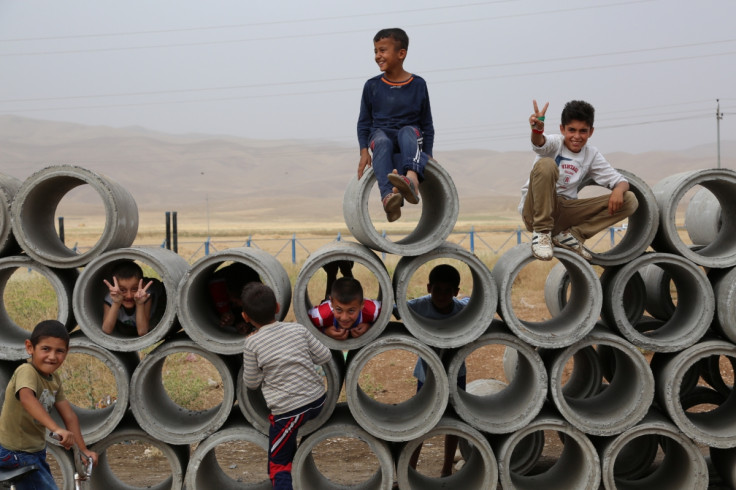
Murad Saada, 34, survived the Sinjar massacre in Iraq in August 2014, when between 2,000 and 5,000 Yazidi civilians were murdered by Islamic State (Isis). As the militant group executed resisters and demanded residents to swear allegiance and convert to Islam or face death, Murad fled the predominantly Yazidi region in the semi-autonomous northern region of Iraqi Kurdistan.
"I was living in Sinjar, in a small city called Sununi, close to the Iraqi-Syrian border. Last year, on 3 August, Isis attacked our region and my city. They killed everybody and crushed the Yazidis. That's why everybody tried to run away," Saada told IBTimes UK.

3.2 million displaced Iraqis
Between 1 January 2014 and 30 April 2015 in Iraq, 14,947 civilians lost their lives and 29,189 were left wounded. In the same period, more than 2.8 million people were forced to leave their homes. Of these, 1.3 million were children, according to the United Nations Assistance Mission for Iraq report.
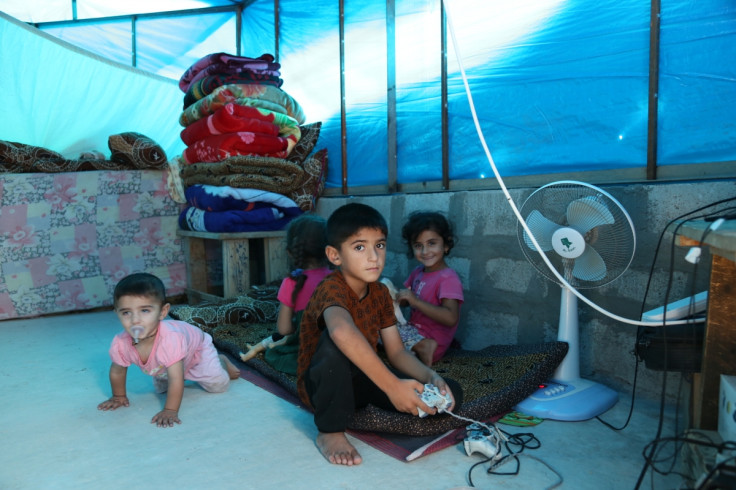
Like 1,200 Yazidi and Christian families, Saada now lives in the Ashti Internally Displaced Persons (IDPs) camp in Arbat, in the Sulaymaniyah region in Kurdistan. There, he shares a tent with his wife and four children: two sons – Alias, seven, and 12-month-old Usama – and two daughters –five-year-old Amani and Amelia, three.
Charity Emergency opened the camp in July to deal with the humanitarian and health emergency. It is now home to between 6,000 and 7,000 individuals.
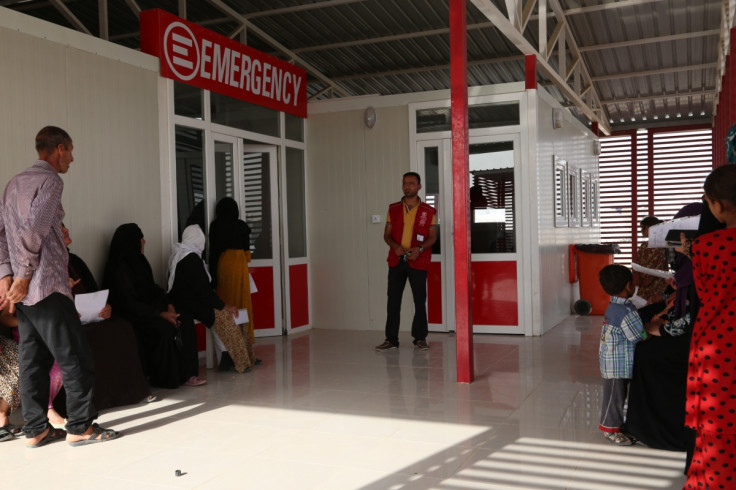
"These people left because they found themselves in the middle of a fight between Isis, on one side, and a mix of Shia militias and Iraqi army, on the other," programme manager Giacomo Menaldo, who helps run the charity's Humanitarian Response Programme in northern Iraq, told IBTimes UK.
"They had to leave these areas because it was not safe anymore, because when there is bombing around you and you find yourself in the middle of the fight, the best solution is always to go away.
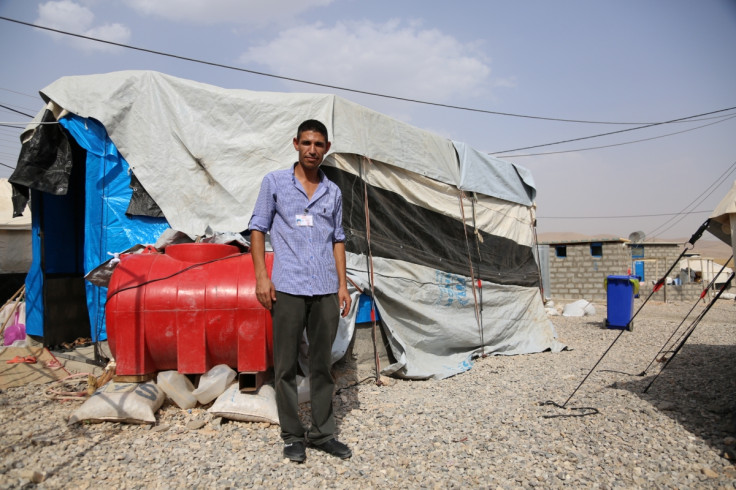
"These people are just looking for a safe place to start living again. They are asking for help, but they all want to do something with their life. Europe should try to find a way to accept them, and give them what they need: a life, nothing else."
Saada may be searching for a safe place to shelter from the fighting that is bathing the whole area in blood, but claims he has no intention to go to Europe.
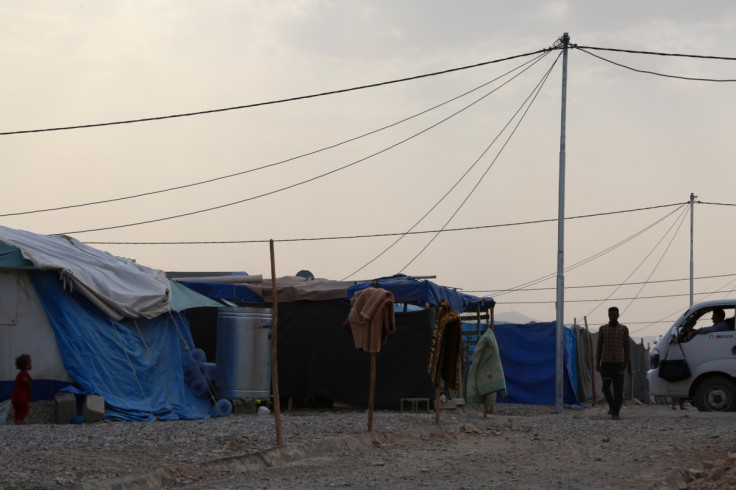
He said: "I don't know what my dream is, I think there are no dreams left. If there are international forces that can secure our areas and our region, yes, we want to go back to our cities or our villages. Otherwise all Yazidis and Christians [minorities in Iraq] want to leave the country. I want to ask leaders if there is any way to take us out of this country."
If he had the choice, Saada says he would rather take his family to the US, far from the "thousands of kidnaps of Yazidis civilians by Isis in Mosul and Tal Afar".
"They are raping the girls and selling the children to people from other countries, " the father of four claimed. "Please just try to release them."
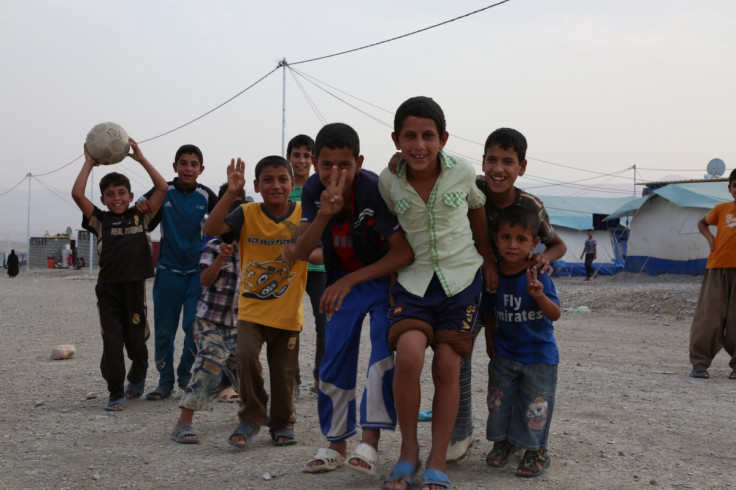
Syrians: Nowhere to go
While the Iraqi government requires that as soon as the government forces liberate an area, IDPs return – many have now returned to Tikrit, which was liberated on 1 April, for instance – Syrian refugees have nowhere to go.
"If I had to explain what the Syrians' life in Iraq looks like I would say this. Imagine you are forced out of your house one night, just taking as much stuff as you can but leaving all the rest behind you," Menaldo said.
"You are forced to leave because there is a conflict, you want to survive, and take care of your family. You don't know where you are going or what is awaiting you. If you have no resources, you finish under a tent with all your family – six, eight or nine people – for months or years."
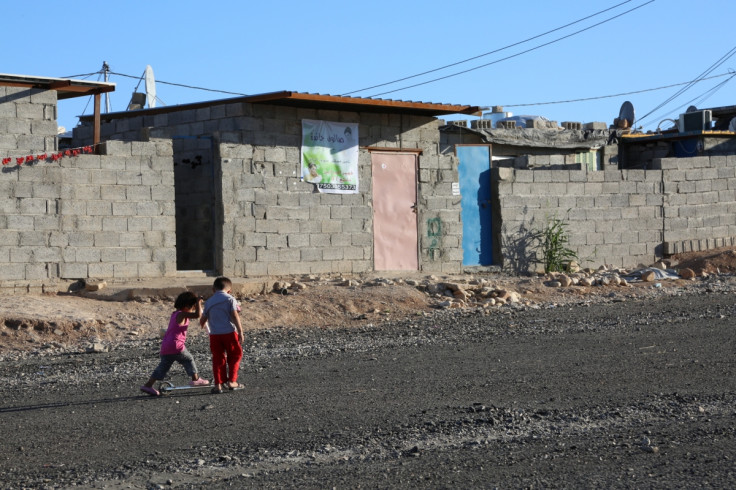
Emergency UK has hired local displaced doctors, and some of tell have told Menaldo they would prefer to stay in Kurdistan because, they claim, it is much safer than heading back or attempting to cross into Europe.
"We have some cases of our employees, very smart and good workers, who definitely left for Turkey, looking to reach Germany for example, but that's mostly the young generation. Older people have different desires: they don't like too many changes, and feel they have lived most of their life in Syria or Iraq, so they are not looking to cross into Europe," Menaldo explained. "It all depends on the personal approach."
One such Syrian refugee, Rengin Hassan, 25, is pregnant. She fled her hometown of Al-Qamishli with her husband, Jihad Mahmud, and their 18-month-old son Awar.
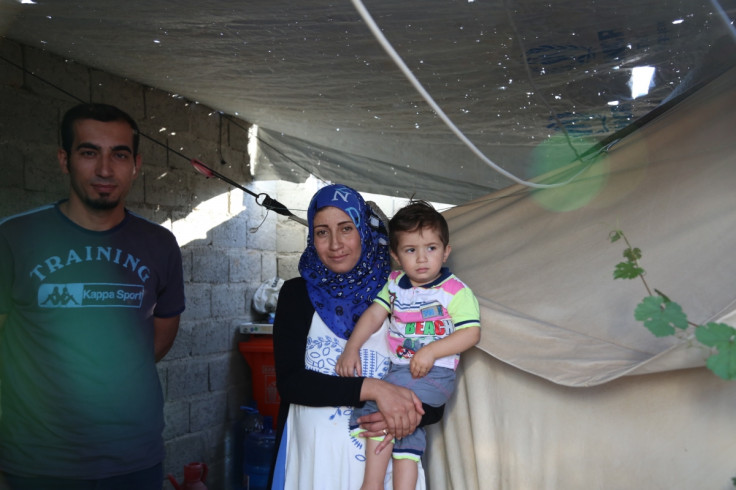
"They asked my husband to come and fight for [President Bashar] al-Assad's Syrian Armed Forces. We didn't want to fight with the government because we don't believe in it. I wanted to complete my studies at home but couldn't. So we left," Hassan told IBTimes UK.
The young woman is now living in a tent in the Barika refugee camp in Iraqi Kurdistan, alongside other 1,300 families – representing around 6,500 individuals – and works with Emergency UK as a health promoter.
She said: "All of the people who are in the camp are not here because they are happy about coming here, but they are forced to come because of the bad conditions they have in Syria, especially because they can't improve food to give to their children. Everything is very difficult there."
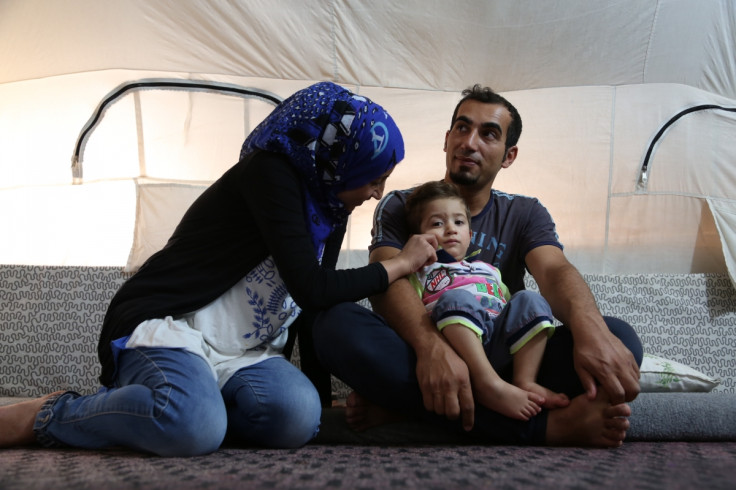
When asked if she would like to someday join Europe, the young woman says her only dream is to return to Syria, provided security is re-established, she can find a new house, and there is enough food to feed her children.
She said: "If I go back now, there is no security, but our hope is to go home – not to go abroad or stay in Iraq. We want to go back, we really love our homeland."
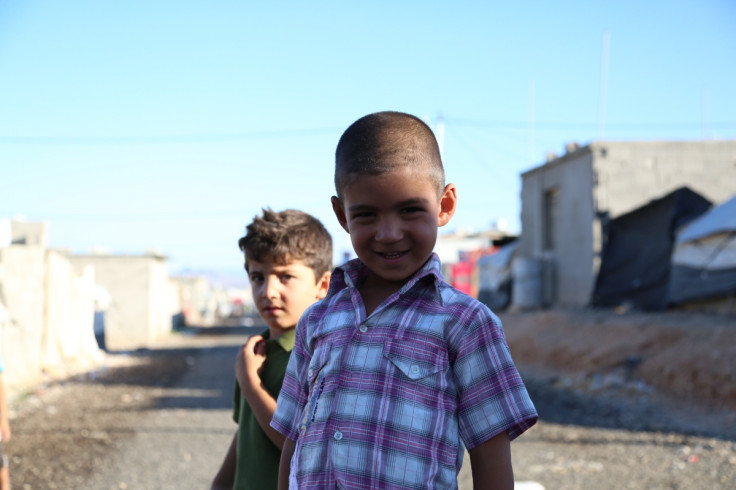
© Copyright IBTimes 2025. All rights reserved.






















